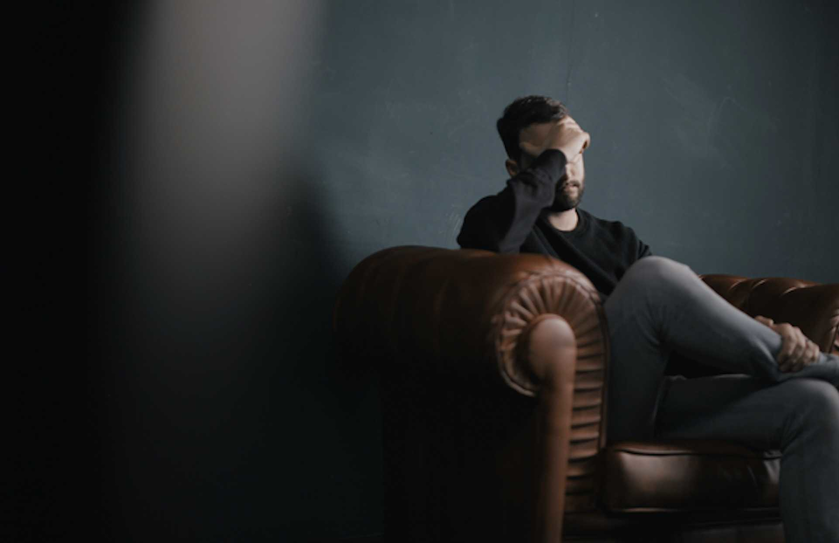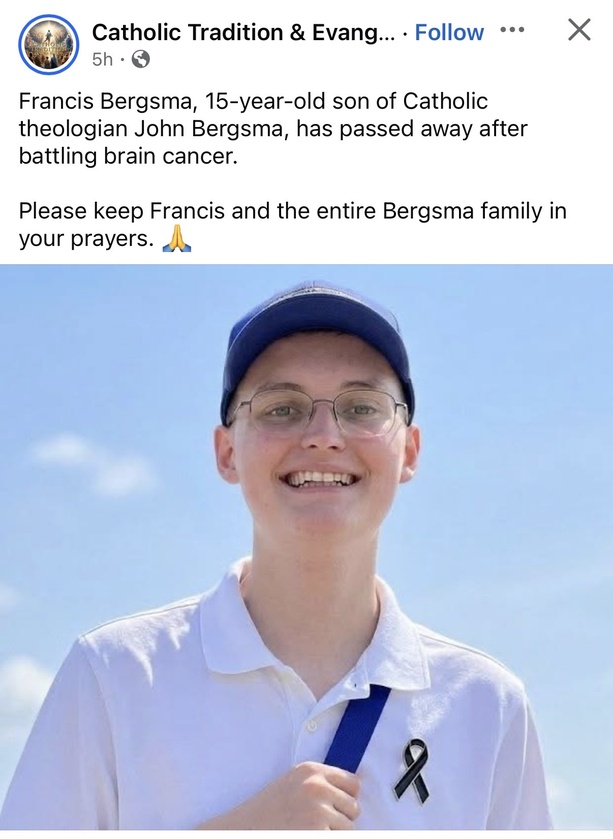The room was tackier than he had supposed. fluorescent lights, pleather couches, a footstool with tassels.
The young man looked at the tassels, tossing them gently with his foot, wondering if garish was the right word.
“Like what?” asked the fat man, his head tilted to the side sympathetically, his face contracted somehow, like he had just drank vinegar.
“Just … everything” said the young man dejectedly, looking down at his hands in his lap, picking at the skin around his nails.
“Yes, everything, but … well ... give me an example.”
A long minute of silence.
The young man turned his attention to a print on the adjacent wall of some classical looking painting.
“Ah,” began the fat man, happy to break the silence. “The Death of Seneca. My favorite. Do you like it?”
The younger man, as if not hearing said, “On Twitter you tweet yes? What do you do on Instagram?”
“I’m sorry?” said the fat man, smiling awkwardly.
The young man shook his head as if to dislodge the thought and looked down again “Anything in addition to the bare minimum. Anything in addition to life, to living, to being … to existing.” The young man sighed and gave a hopeless smile. “It all sounds so bloody philosophical, doesn’t it?”
The fat man nodded. “Mmhmm,” he said, reassuringly. “Go on.”
The young man, still looking down, sighed. “A complaining child; dirty dishes strewn across the kitchen; someone needing something from me. A spoon where only the knives are supposed to go. Bills; text messages from people expecting a response.”
The young man looked out the window. "All I want is to be left alone because then nothing would be demanded of me. Alone in silence. A quiet little house, neat and cool and dark, coffee at the ready. A cellar full of wine. Books on the table. Trees outside, visible through the fluttering transparent curtains—you know the ones I mean?—swaying gently in the breeze. Someone stronger than me to say with paternal affection that “All shall be well, and all shall be well and all manner of thing shall be well.”
The fat man raised his eyebrows and adjusted his glasses. “I can help you find something like that,” he said.
“But is it right?”
“Does it matter?”
“No, I guess not.”
The fat man sniffed and, with an air of resigned intellectualism, said “At the heart of liberty is the right to define one's own concept of existence, of meaning, of the universe, and of the mystery of human life.”
“Seneca?” asked the young man.
“Justice Kenedy, I think. . . . If the free man can define, he can undefine. It’s an act of bravery, I tell you.”
The fat man took a clip board off of his desk and handed it to the young man. “All I need is for you to read through that and sign and date at the bottom. … Will you be paying by credit card or check? Cash is preferable, if you have it.”
“Does it matter?”
“Well, it does to me,” said the fat man with a smile that vanished as quickly as it had appeared. The fat man cleared his throat. “We can give you a discount if you pay with cash,” he said flatly.
“Can I have until tomorrow?” Said the young man, standing up and taking the clipboard.
The fat man sighed, somehow scoldingly. “God gives the sign for an individual’s departure. ... I think we can both agree that the sign is loud and clear. No?”
“Okay, I can pay now.”




















